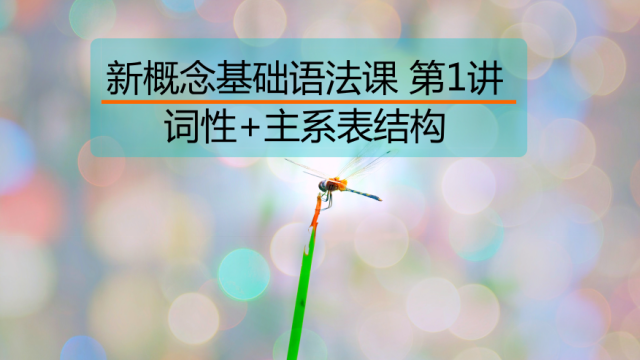Reflexive pronouns 反身代词
作者:沪江英语
来源:British Council
2017-07-03 22:41
English doesn’t really have reflexive verbs the way that many other languages do. However, when the same person is the subject and object of the verb we usually use a reflexive pronoun.
英语不像其他很多语言那样有反身动词。但是,当主语和动词宾语是同一个人的时候,我们通常用反身代词。
• I cut myself shaving this morning.The subject – I – is also the object of the sentence – so we use the reflexive pronoun, myself.
主语I ,同时也是这句子里的宾语,所以我们用了反身代词myself
• Why don’t you buy yourself a new car? This one’s really unreliable.• He looked at himself in the mirror.
• She taught herself Italian using a book.
• The washing machine switches itself off when it’s finished.
• We kept ourselves warm around the fire.
• Tell me all about yourselves.
• Hedgehogs protect themselves from predators by rolling into a ball.
‘Enjoy’ is often used with a reflexive pronoun.
Enjoy经常和反身代词一起用。
• Did you enjoy yourself at the party?• From their postcard it sounds as if they’re really enjoying themselves.
‘By yourself’ means ‘alone’
By yourself代表单独,肚子。
• He lives by himself in a cottage by the sea.• I’m rather anti-social. I love being by myself.
Reflexive pronouns can also be used with nouns to mean ‘Me (or you/him/her etc) and nobody else’
反身代词同时也可以和名词一起用,表示Me (或者 you/him/her 等等)和其他任何人。
• Did you do this homework yourself or did you get help?• Did you talk to the manageress herself or just to one of her assistants?
There is an important difference between reflexive pronouns and reciprocal pronouns
反身代词和相互代词两者有一个很大的区别。
• They looked at themselves in the mirror. This is reflexive.• They looked at each other lovingly. This is reciprocal. He looked at her and she looked at him.
- 相关热点:
- 英国文化教育协会:语法和词汇
- 报纸英文怎么说











